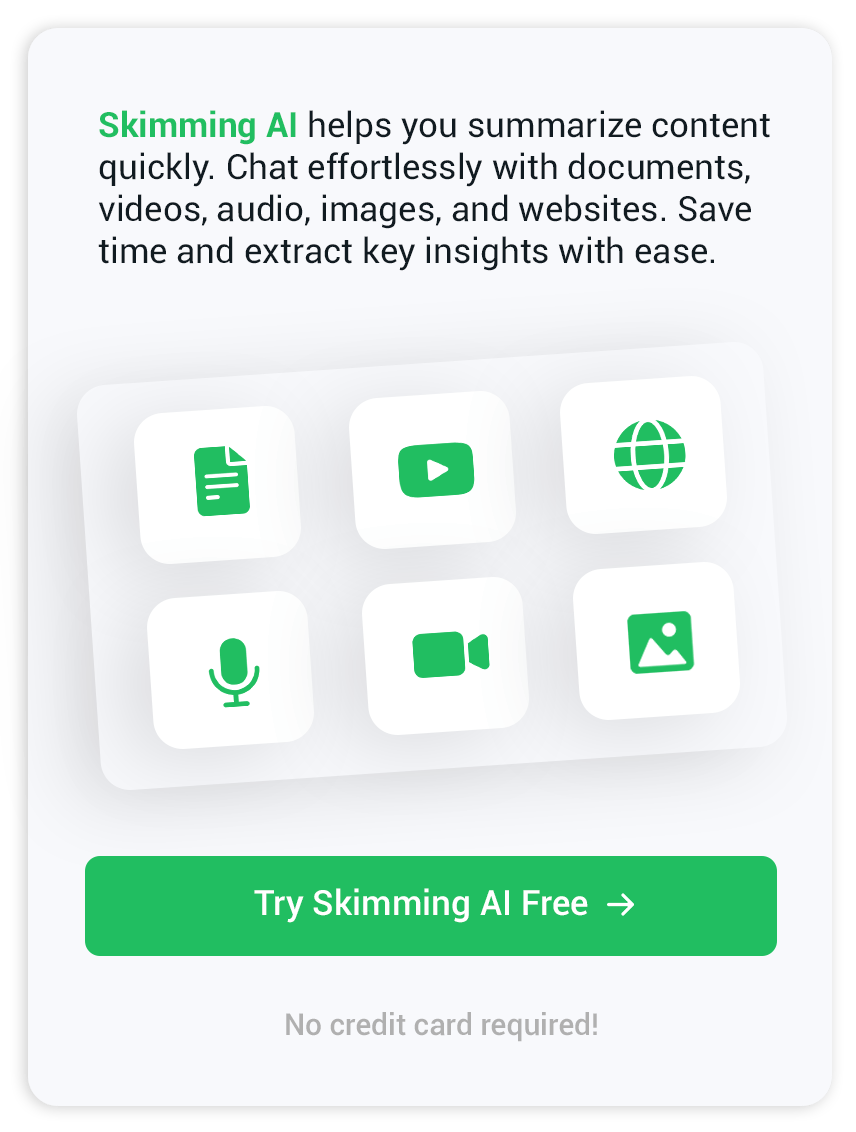Transcribe Video for Free: The 2025 Guide to Effortless Captions
Everyone who shares videos online wants the same two things: reach and retention. Adding accurate captions delivers benefits to both viewers and search engines, as viewers can follow along with the sound off, and search engines can read the spoken words. Creators also gain a text asset that doubles as a blog post, social snippet, or subtitle file. The good news is that you can transcribe video for free—without installing software or handing over credit-card details—if you know where to look.
Why Free Video Transcription Matters
Closed captions used to be an accessibility afterthought reserved for television reruns. Today, they sit at the heart of discovery on TikTok, YouTube, and Instagram. Silent autoplay, international audiences, and voice-search indexing all rely on crisp text versions of your words. Captions also shorten production workflows: instead of typing notes from scratch, you can lift quotes straight from a finished transcript.
What to Expect From a No-Cost Tool
Accuracy and Language Support
Free services rely on automatic speech recognition powered by large language models. Expect accuracy above 80 percent in quiet recordings; strong accents, jargon, or background music will lower that. Some platforms, such as Riverside or CapCut, claim accuracy above 95 percent in marketing copy, but real-world results vary.
Upload Limits and File Types
Many providers cap the length or size of a video on their free tier. CapCut lets you upload files up to 100 MB, while Restream focuses on streaming clips under one hour.
Export and Editing Options
Look for .srt and .txt export options, along with a timeline editor. A timeline view makes it easy to sync words with audio and adjust speaker labels.
The Best No-Cost Options in 2025
Auto Captions on YouTube
If your video is public or unlisted, YouTube generates captions automatically. After processing, you can download the .sbv file from YouTube Studio, convert it to .srt, and polish the sync. It works in 14 languages and costs nothing except a bit of patience.
Browser-Based Editors (VEED, CapCut, Vizard)
- VEED and Vizard run entirely in the browser. Drop a clip, wait a few minutes, then tweak sentences in a side-by-side editor. Both add a subtle watermark on free exports, so plan to strip that in your video editor if branding is a concern.
- CapCut ties straight into TikTok, saving the trip back to your phone for final posting. Max out the free plan first; if you cross the monthly limit, create a fresh workspace with another login.
AI-Driven Notetakers (Otter)
Otter was built for meetings but turns any MP4 into a neatly punctuated script. The free tier gives 300 transcription minutes each month, more than enough for weekly content or class lectures.
Desktop Editors (Descript Free Plan)
Descript’s Starter plan handles three hours of transcription monthly. Unlike web-only tools, Descript lets you edit the timeline by striking words from the script, then renders a new video on export—handy if you want to remove filler words and stumbles.
Open-Source Powerhouse (Whisper)
Whisper runs locally via a simple command line. You get unlimited usage and maximum privacy, though you will need a GPU for real-time speed. Community GUIs like Stable-Whisper wrap the process in a point-and-click interface.
Skimming AI: A Secret Shortcut
After transcribing, you still need to distill the footage into bite-sized summaries, timestamps, or headline quotes. The Skimming AI digests your freshly captioned video and spits out bullet-ready insights in seconds, turning a raw transcript into ready-to-publish notes.
Choosing the Right Free Tool
Match the Tool to Your Volume
Sporadic creators do fine with YouTube captions or Otter. Daily vloggers should lean on Whisper or VEED, where limits disappear once you run the model locally or juggle multiple logins.
Weigh Privacy and Security
Class lectures and conference keynotes may be public anyway, so a web app is fine. Confidential client calls merit Whisper on a secure machine.
Prioritize the Editing Experience
Drag-and-drop editors shorten the learning curve. Power users enjoy Descript’s cut-by-text workflow, which feels like writing in Word while trimming a timeline.
Tips for Cleaner Transcripts
- Record in a quiet space and use a dedicated microphone; fewer errors mean less cleanup.
- Trim silent heads and tails before uploading so the engine spends cycles only on speech.
- Chunk long webinars into 30-minute segments to stay under free limits.
- Use slow playback inside the editor to catch homophone mistakes quickly.


